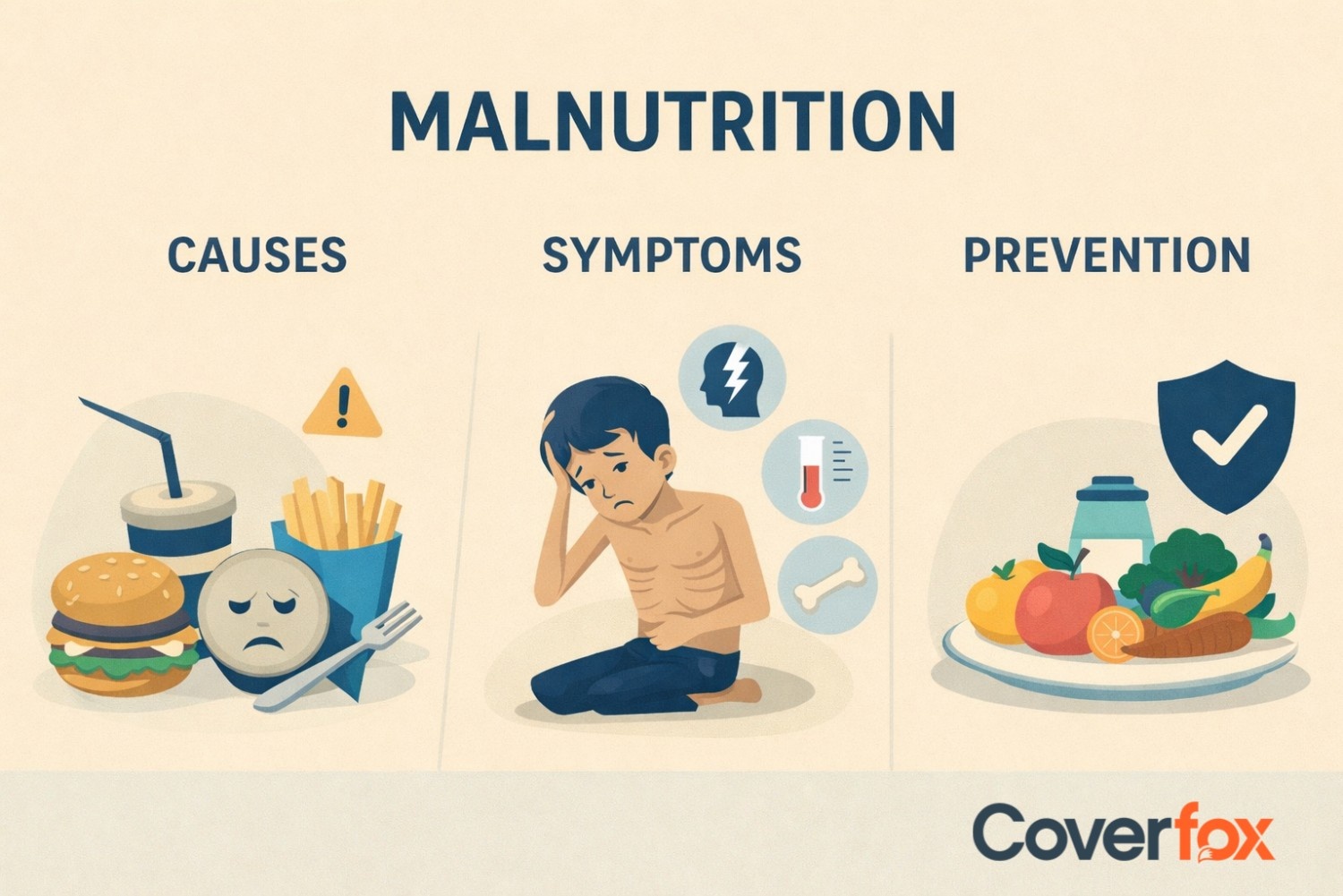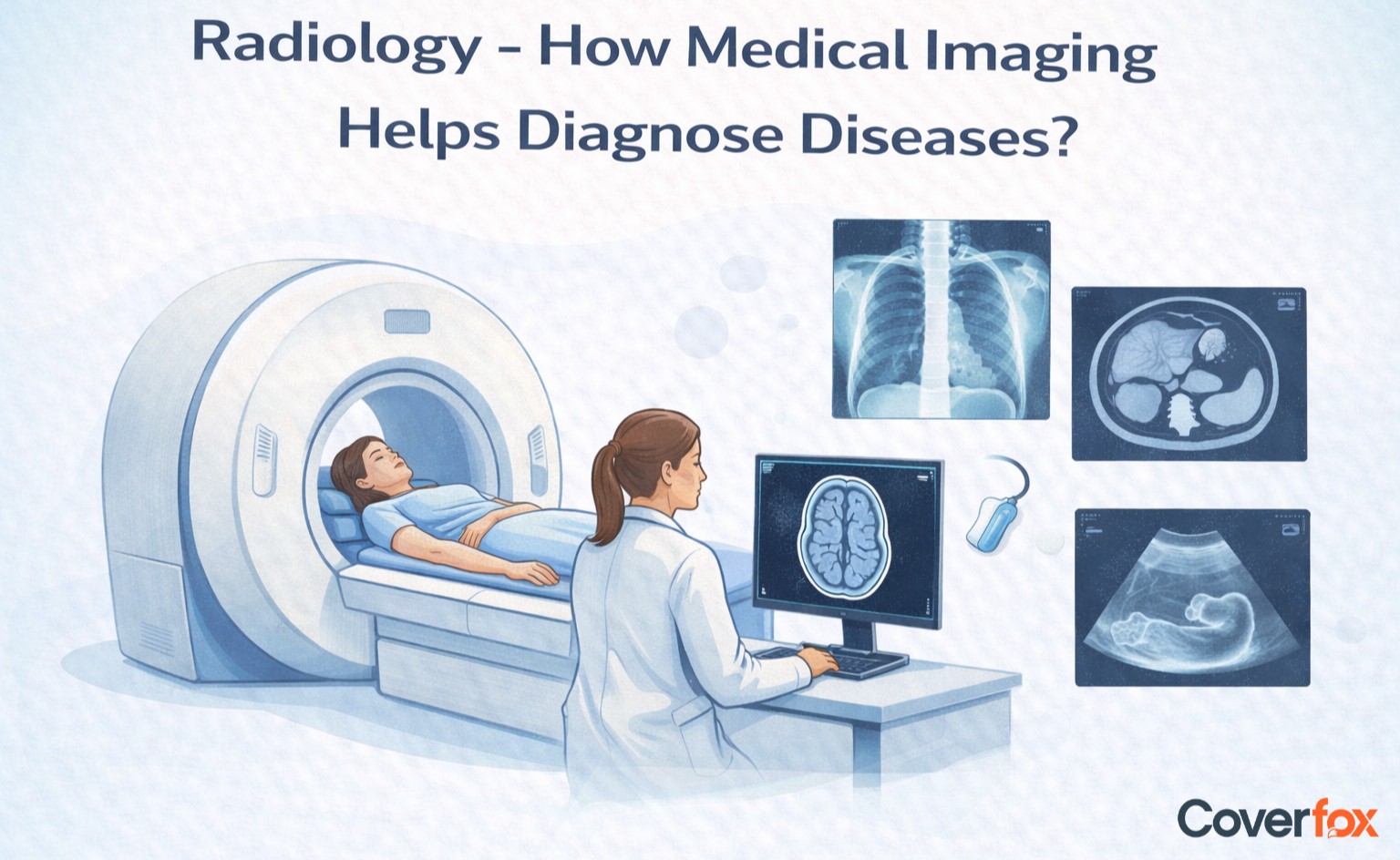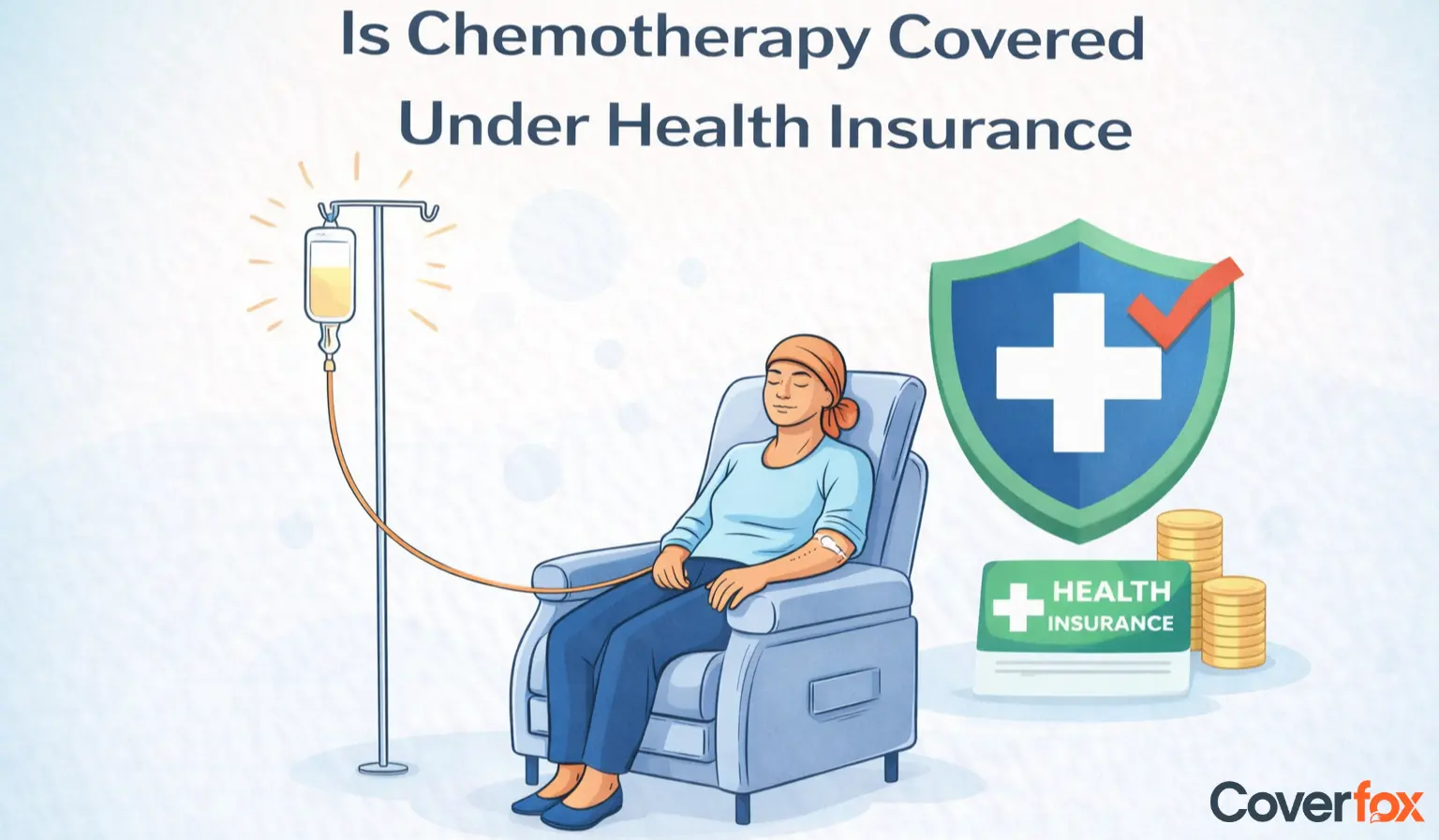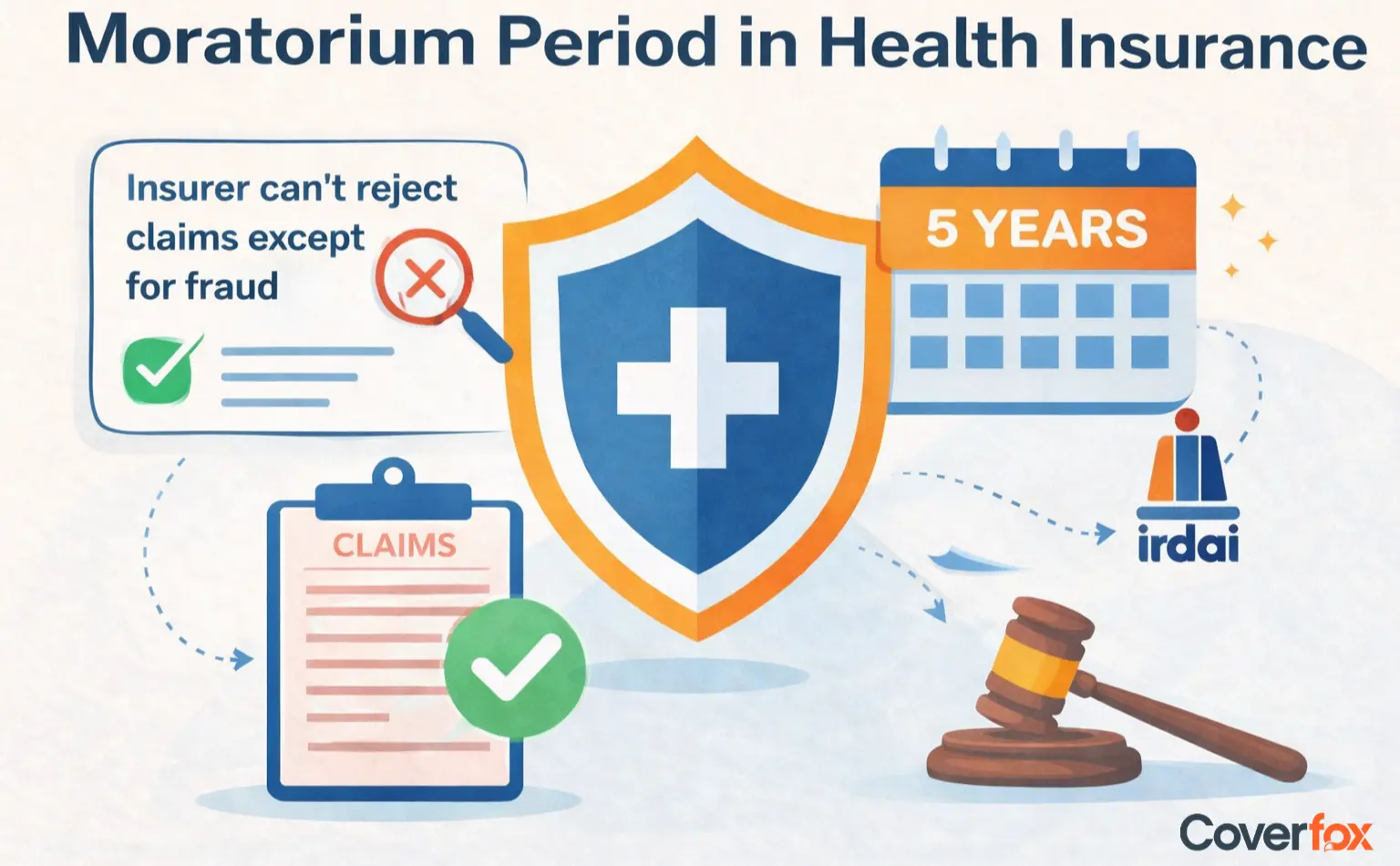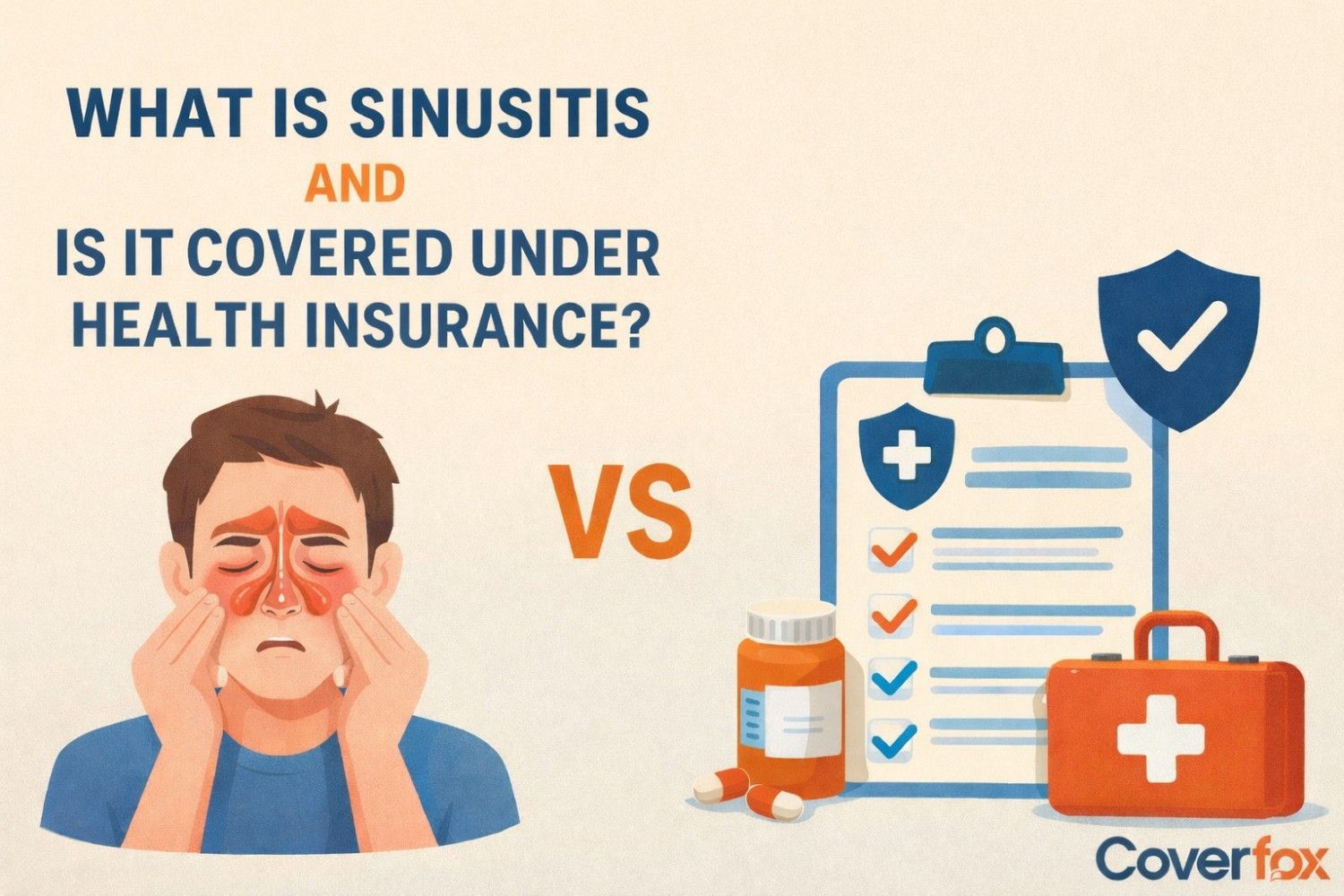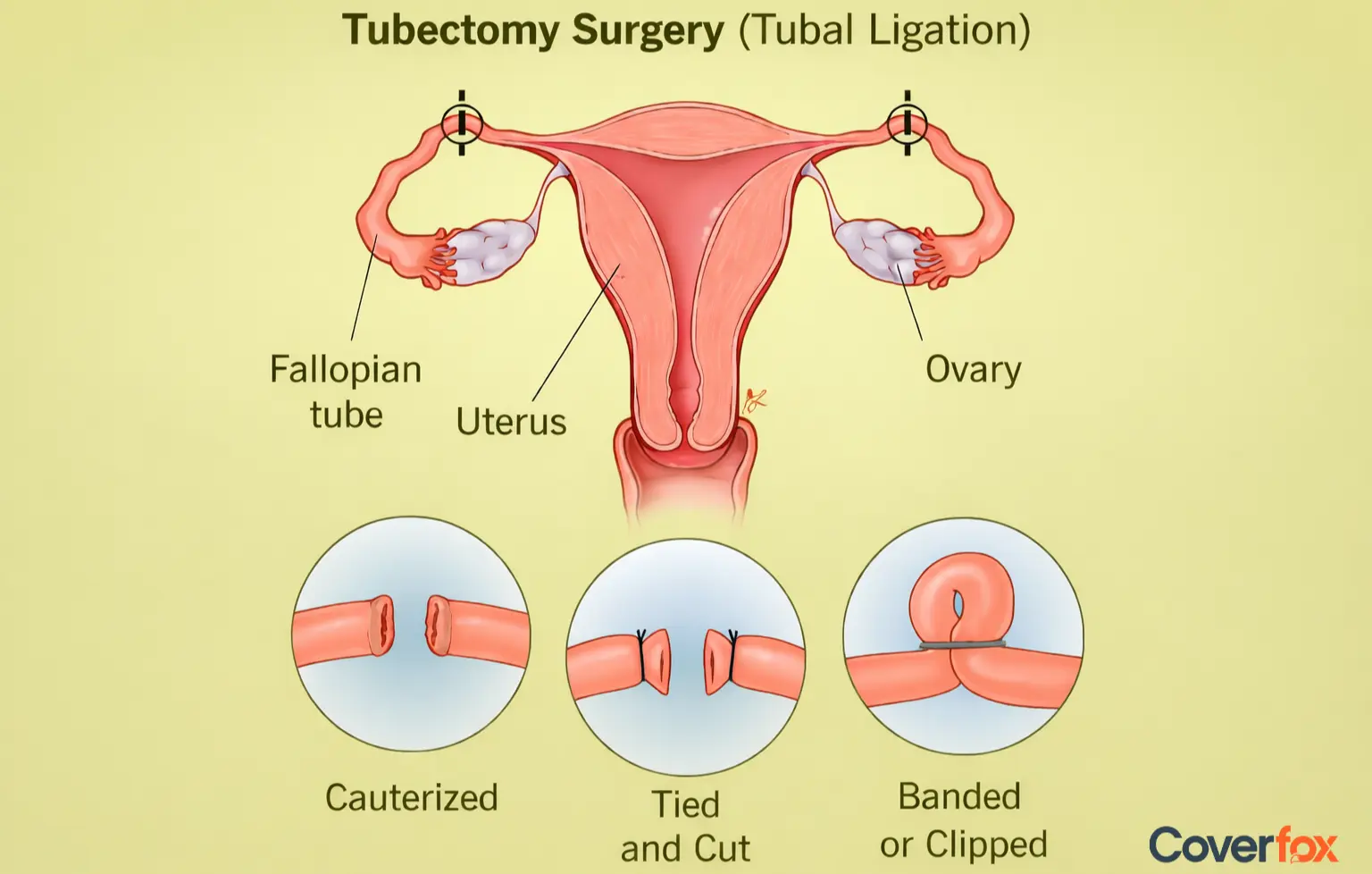According to the World Health Organisation (WHO), heart attacks are the leading cause of death across the globe. During a heart attack, the blood supply to the heart stops, and it becomes crucial to offer immediate first aid before professional help arrives, as it could turn out to be life-threatening. This includes recognising the symptoms quickly and taking prompt action to enhance the patient’s recovery.
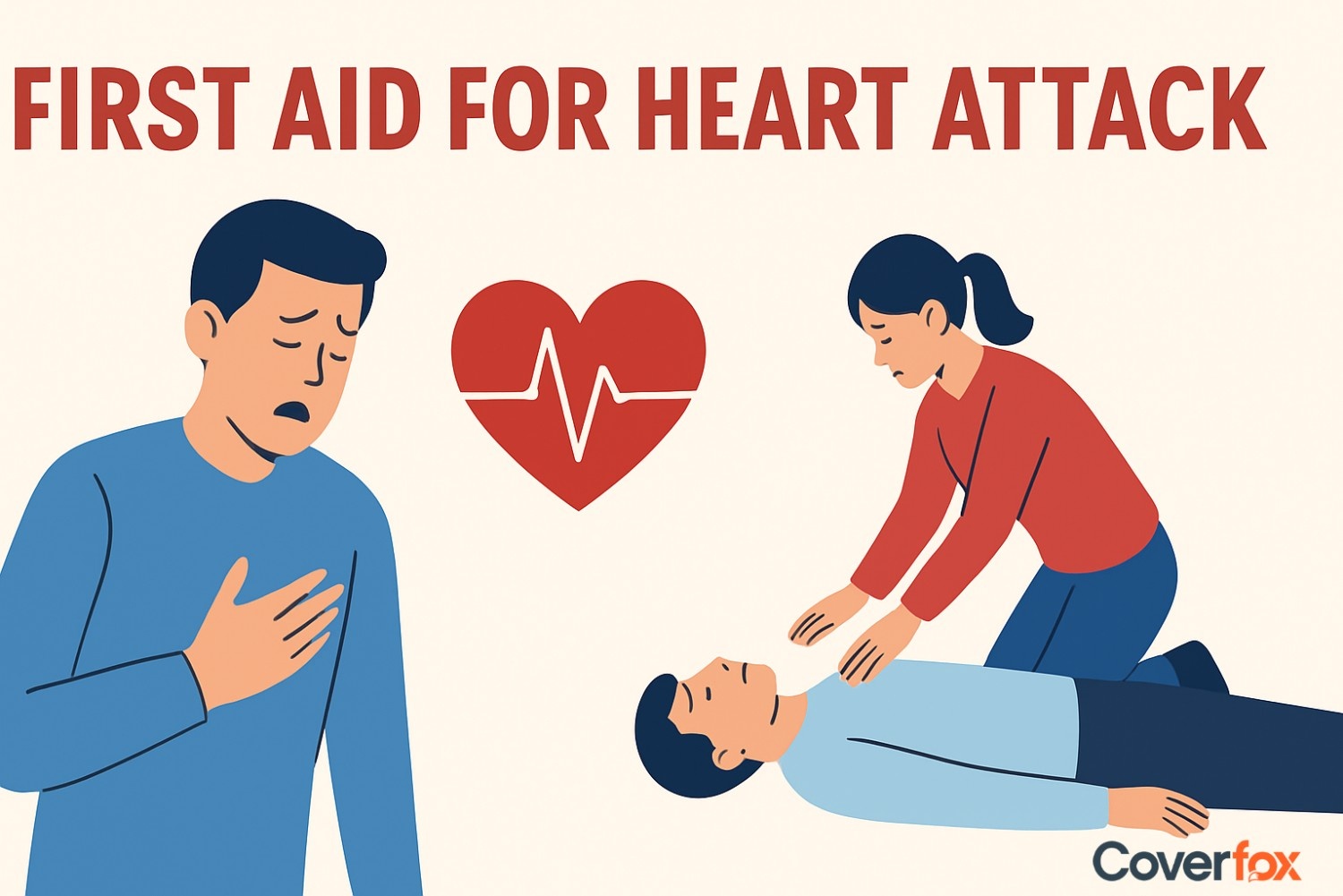
To further understand first aid treatment for heart attack, this article covers why heart attacks happen, how to spot the warning signs, what to do if someone is having a heart attack, and tips for its prevention.
Why Do Heart Attacks Happen?
A heart attack, also known as a myocardial infarction, occurs when the blood flow to a part of the heart is blocked, often by a blood clot, which can cause long-term or gradual damage to the organ. The blood clot could be due to the formation of plaque in the arteries, which may be formed as a result of the accumulation of cholesterol and fat here.
What are the Warning Signs of a Heart Attack?
The common signs that warn of a heart attack are:
| Symptom | Description/Purpose |
|---|---|
| Chest Discomfort | Pressure, fullness, and squeezing lasting for more than 15 minutes |
| Pain Beyond the Chest | In arms, back, neck, jaw, stomach; no chest pain sometimes |
| Shortness of Breath | Difficulty breathing, which may or may not include chest pain |
| Cold Sweats | Unexplained sweating |
| Nausea or Vomiting | Feeling sick or actual vomiting |
| Lightheadedness | Feeling dizzy or faint |
| Anxiety and Indigestion | Nervousness or upset stomach |
| Unexplained Fatigue | Unusual tiredness, more common in women |
| Additional Symptoms in Women | Neck, shoulder, upper back, or stomach pain |
First Aid During a Heart Attack
To understand how to administer first aid for a heart attack, keep the following points in mind:
Recognise the Signs
Call for Help
Keep Them Calm
Stay With Them
Loosen Clothing
Give Aspirin if Safe
Monitor Carefully
Start CPR if Needed
Look out for symptoms like chest pain or pressure, pain in arms, neck, jaw, or back, and shortness of breath, dizziness, nausea, or cold sweats.
Dial 112 or 108 right away. Do not drive them unless no services are available.
Help them sit comfortably with knees bent. Encourage them to stay relaxed.
Stay by their side and reassure them until help comes. Let them know they are not alone.
Loosen collars, belts, or anything tight to make breathing easier.
If awake and not allergic, they may chew or swallow one aspirin tablet (300mg), if advised.
Watch their breathing and pulse closely. Be ready to act if they faint or stop breathing.
Lay them on their back, press hard and fast in the chest, 100–120 times a minute. Continue until they wake or help arrives.
What Mistakes to Avoid During a Heart Attack?
During a heart attack, what to do and what not to do becomes crucial. Since you are not a professional on the scene, the support and care you can offer to a patient are limited. For this reason, avoid the following mistakes:
- Do not leave the person alone until medical help arrives.
- Do not ignore the symptoms or wait too long to call an ambulance.
- Do not give the person any food or water, as it could complicate medical procedures or lead to choking if unconscious.
- Do not let the person move unnecessarily, as it could increase stress on the heart.
Prevention Tips for Heart Health
A healthy heart reduces the risk of heart attacks or cardiac arrest. Here are certain lifestyle changes to reduce the risk of heart problems.
- Quit Smoking: Stop smoking or using tobacco to protect your heart.
- Be Active: Engage in at least 30 minutes of exercise daily to stay fit.
- Eat Healthy: Include fruits, vegetables, whole grains, lean proteins, and healthy fats in your diet.
- Keep a Healthy Weight: Losing extra weight lowers heart risks.
- Sleep Well: Ensure to get at least 7–8 hours of sleep every night.
- Manage Stress: Relax with meditation, hobbies, or time with loved ones.
- Get Health Checkups: Regular tests help detect blood pressure or cholesterol issues early.
The Final Word
In all, by recognising symptoms early and knowing what to do if someone is having a heart attack, you can offer timely first aid that can improve survival chances. This includes taking steps like calling emergency services, keeping the patient calm, and offering first aid treatment for a heart attack, like CPR, which can all end up saving a life. In addition to this, to safeguard yourself financially against unpredictable medical events like this, you need a reliable health plan. For this reason, platforms like Coverfox make it easy to compare and buy health insurance online in just a few clicks.
Also Read:
What is The Reason for Heart Attack at a Young Age?
Why is health insurance important for Heart Patients?
What Are the Normal Creatinine Level Ranges? A Complete Guide
Frequently Asked Questions
Can young people have heart attacks?
Yes, youngsters can also have heart attacks. The reasons for this could be absence of sleep, stress, poor diet, smoking, lack of physical activity and so on.
Is chest pain always related to a heart attack?
No, not always. Chest pain can be linked to non-heart issues as well; however, if the pain lasts for more than a few minutes and spreads to other parts like arms, back, neck, jaw, or stomach, it may be a sign of a heart attack.
Difference between heart attack and cardiac arrest?
During a cardiac arrest, the heart stops beating. On the other hand, during a heart attack, the blood flow to the heart is blocked, likely due to the buildup of plaque in the arteries.
How fast should you respond after symptoms appear?
First aid treatment for heart attack should be immediate, as even a slight delay of a few minutes could prove to be fatal.
Which emergency number to call in India during a heart attack?
During a heart attack, you can dial emergency numbers such as 112 or 108 in India.
Are mild and major heart attacks different?
Yes, there is a difference. In a major heart attack, the main artery gets completely blocked, which causes more damage, while a minor one causes less damage. However, both can prove to be equally life-threatening and require prompt medical attention.
